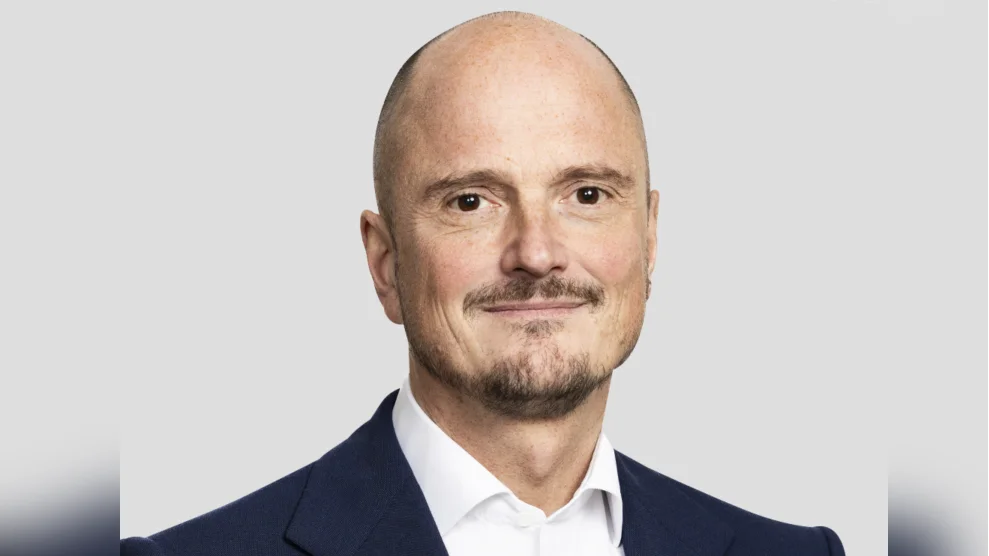Standard Chartered has announced a five-year agreement with the Government of the State of Acre in Brazil to sell high-integrity forest protection carbon credits. The initiative aims to bring up to 5 million jurisdictional carbon credits to market starting in 2026, marking one of the first collaborations between a major international bank and a sub-national government for forest conservation.
The credits, which will be registered under the Architecture for the REDD+ Transactions (ART) registry using its TREES methodology, are designed to help protect forests in Acre from deforestation. This methodology has received approval from the Integrity Council for the Voluntary Carbon Market (ICVCM).
According to Standard Chartered, proceeds from credit sales will be distributed through a benefit sharing strategy. Seventy-two percent of net funds generated by Acre will go to indigenous and local communities. These funds are intended for activities such as sustainable livestock farming, reforestation efforts, non-deforestation land management practices, and community-based tourism. The remaining 28 percent will support project management and governance functions including monitoring compliance with standards and emergency responses.
Marisa Drew, Chief Sustainability Officer at Standard Chartered, stated: “Without deploying new market mechanisms, standing forests are unlikely to be protected because the short-term economic incentive for deforestation nearly always outweighs the perceived value of these long-term natural assets in situ. We’re leveraging our global network and carbon market expertise to address this challenge directly, offering a means to help preserve standing forests that act as vital carbon sinks, and in turn help the communities that depend on them continue to realise the economic and social returns they provide.”
Mr. Amarisio Freitas, Secretary of the Treasury of Acre and leader of its Jurisdictional Carbon Project, said: “This arrangement will bring economic and social benefits to the people of Acre, while protecting our natural resources and supporting the traditional communities and indigenous peoples of our state. The government has fought for a fair society by providing solutions for all its inhabitants, creating development mechanisms in the regions furthest from the capital without negatively impacting the ecosystem. This arrangement provides us an effective tool in the fight for sustainable economic development. We are excited to work with Standard Chartered on this groundbreaking innovation.”
Community engagement was central during planning stages; consultations were held across all five regions of Acre in May 2025 so that indigenous groups, local communities, and family farmers could review and adapt benefit-sharing strategies before finalization.
Germana Cruz, CEO & Head of Financial Institutions LATAM at Standard Chartered commented: “As the world looks toward COP30, the State of Acre is stepping forward with bold leadership on carbon markets – combining environmental ambition with economic opportunity. Standard Chartered is proud to support this vision by bringing our global expertise in sustainable finance to help build credible, scalable carbon market solutions for our markets.”
The initiative aligns with Brazil’s national focus on stopping deforestation by 2030 as part of its commitments leading up to COP30.
A third-party assessment led by Sylvera is currently evaluating Acre’s jurisdictional carbon credit program under ART-Trees standards—the first independent evaluation sought by any Brazilian jurisdiction—which is expected to enhance confidence among potential buyers.

